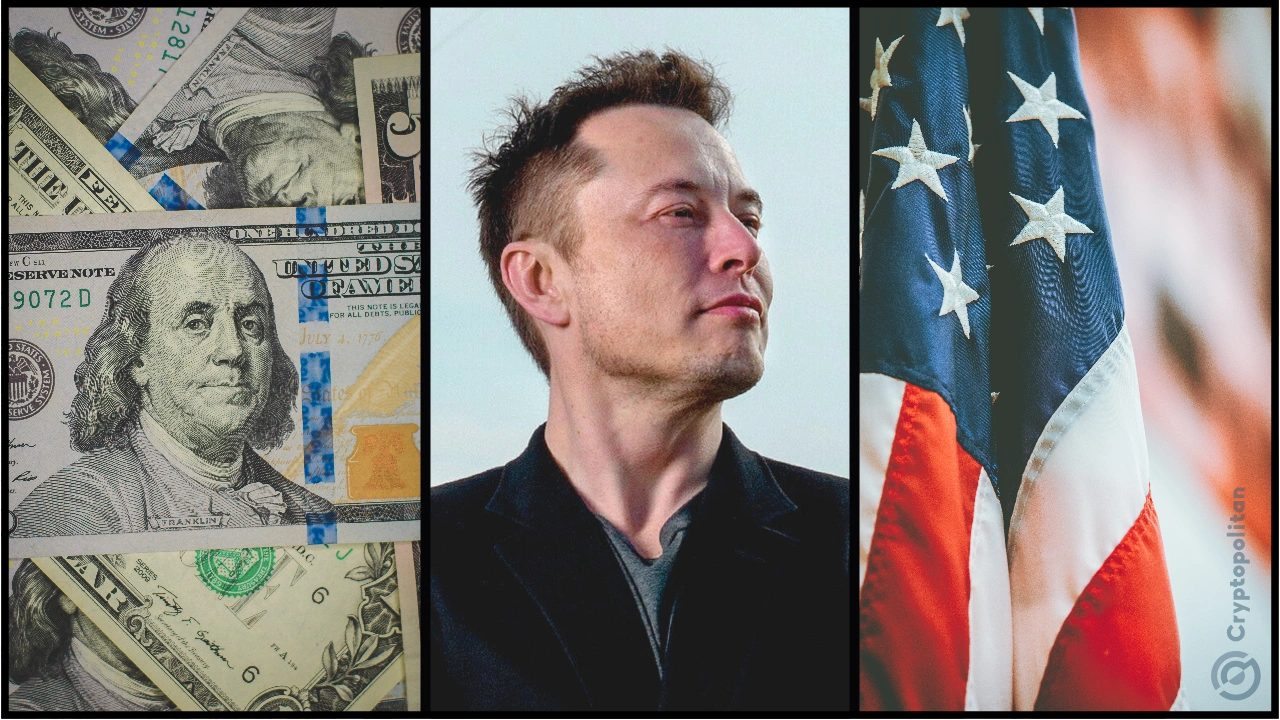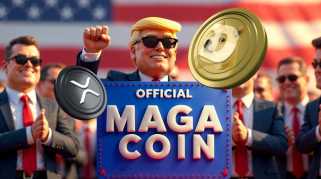
Elon Musk Targets Government Waste and Spending
Elon Musk recently asserted that all government spending ultimately comes from taxpayers, either directly through income taxes or indirectly through inflation. Dogecoin creator Billy Markus had previously warned of the government's excessive spending, which has exceeded $2 trillion annually for eight consecutive years.
The Department of Government Efficiency
In response, Musk has been appointed co-head of the new Department of Government Efficiency (D.O.G.E) alongside Vivek Ramaswamy. Their mission is to reduce federal spending by $2 trillion, a reduction of approximately 30% from the government's total budget of $6.75 trillion in the 2023 fiscal year.
The Challenges of Cutting Spending
The U.S. budget poses a significant challenge to Musk's ambitious goal. Approximately $880 billion is allocated to national debt interest payments, which are untouchable unless the government risks default. Social Security and Medicare account for another $1.46 trillion and $1 trillion, respectively, making them politically sensitive and unlikely targets for cuts.
Discretionary Spending
Discretionary spending, which Congress can adjust annually, totaled $1.7 trillion in 2023, representing 25% of federal spending. Defense accounted for $874 billion, while the remainder was allocated to education, transportation, and other programs. Eliminating all discretionary spending would still fall short of Musk's $2 trillion target.
Trump's Fiscal Policies
Musk's plans may face obstacles from the Biden administration, which has pledged to increase Social Security benefits by removing taxes on them. Additionally, Biden has proposed expanding defense spending, which would conflict with Musk's plans for cuts.
The National Debt
The national debt has reached $35.95 trillion, and economists warn that the country is approaching a breaking point. Interest payments on the debt already cost $658 billion annually, and rising interest rates are exacerbating the situation.
Elon Musk's Credibility
Musk's track record of cost-cutting at Twitter gives him some credibility. However, transferring this model to government agencies raises questions due to their legal obligations and extensive public service.
Expert Opinions
Public finance experts are divided on the feasibility of Musk's efficiency-driven approach at such a large scale. Some believe his outsider perspective could bring positive change, while others view his plan as overly ambitious and unrealistic in the face of Washington's political complexities.


 DogeHome
DogeHome Optimisus
Optimisus Crypto News Land
Crypto News Land Optimisus
Optimisus Cryptopolitan_News
Cryptopolitan_News Cryptopolitan
Cryptopolitan






















